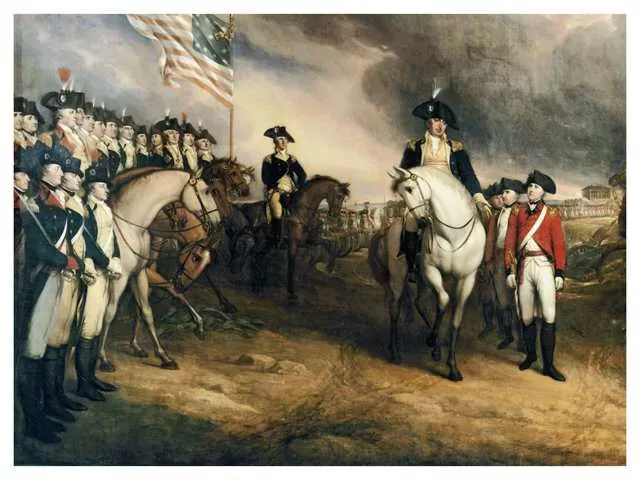Table of contents
Embark on a historical journey as British colonists set foot on New Zealand shores in 1840, forging a complex narrative of exploration, colonization, and the clash of cultures.
The Unveiling of New Horizons: British Colonists Reach New Zealand (1840)
In the annals of global exploration and colonization, the year 1840 stands as a pivotal moment in the history of New Zealand. This was the epoch when British colonists, driven by imperial ambitions and a thirst for new territories, set sail across the vast expanses of the Southern Hemisphere to reach the shores of Aotearoa, the land of the long white cloud.
The Prelude to Exploration
The early 19th century was marked by an era of global exploration, with European powers vying for dominance and expansion. New Zealand, shrouded in mystery and remote beauty, became a focal point for British interest. Captain James Cook’s earlier voyages had unveiled the existence of these islands, but it wasn’t until the 1830s that a more concerted effort to explore and potentially colonize New Zealand took shape.
The Treaty of Waitangi: A Complex Agreement
As British ships navigated the tumultuous waters surrounding New Zealand, the interaction between the colonists and the indigenous Māori people became inevitable. The year 1840 witnessed the signing of the Treaty of Waitangi, a document that would shape the destiny of New Zealand. Crafted with the intent of establishing a legal framework for British settlers and recognizing Māori land rights, the treaty set the stage for a complex interplay of cultures and interests.
Colonization Unfolds: Clash of Cultures
The arrival of British colonists in 1840 heralded a new chapter in New Zealand’s history, marked by both cooperation and conflict. The clash of cultural norms, economic systems, and land ownership practices led to tensions that would echo through the decades. The establishment of British settlements and the influx of European settlers irrevocably altered the social fabric of the islands.
Impact on Māori Society
The repercussions of colonization were deeply felt by the Māori population. The influx of European diseases, changes in land ownership, and the imposition of British legal systems all contributed to a period of upheaval. Traditional Māori customs collided with the norms of Victorian Britain, creating a dynamic and often challenging cultural landscape.
Economic Transformation and Development
While the cultural clash unfolded, the British colonists initiated economic transformations that would leave an enduring mark on New Zealand. The introduction of agriculture, European-style governance, and trade networks reshaped the economic landscape, contributing to the formation of a unique hybrid society that blended British and Māori influences.
Legacy and Contemporary Reflections
The events of 1840 continue to reverberate in the modern narrative of New Zealand. The Treaty of Waitangi, initially a source of contention, has become a focal point for discussions on justice, reconciliation, and the recognition of indigenous rights. The legacy of British colonization is etched into the landscape, the institutions, and the cultural identity of a nation navigating its complex history.
Conclusion: A Tapestry of History Unfolds
The arrival of British colonists in New Zealand in 1840 is not merely a historical event but a multi-layered saga of exploration, negotiation, and transformation. As we delve into the intricate threads of this narrative, we encounter the resilience of cultures, the complexities of colonial interactions, and the ongoing efforts to reconcile the past with the present. The year 1840 remains a defining chapter in New Zealand’s history—a tale that invites reflection, understanding, and a commitment to forging a shared future.

